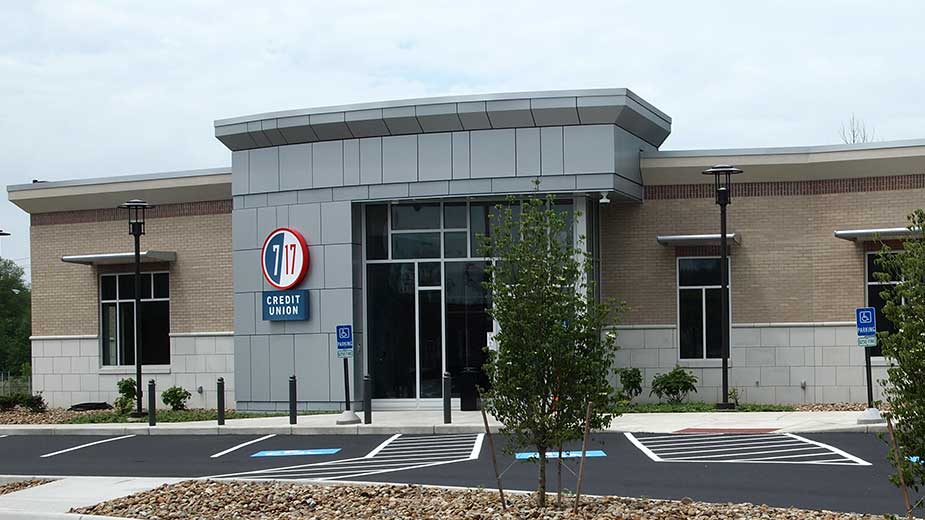Best Business Advice? Ask for Advice.
YOUNGSTOWN, Ohio — The earlier financial expertise is brought into forming a business or determining the course it should take, the better off the client is, certified public accountants say.
“The biggest mistake I see is when a client enters into a transaction and tells the adviser after the fact,” says Lisa Loychik, a tax partner in the Youngstown office of Cohen & Co.
“Too many times a client or prospect comes to us for advice on how to lower their taxes after they have completed the deal,” she continues. “In several cases, if they would have sought advice before the transaction, we could have structured the deal in a more tax-efficient manner.”
Since her concentration is taxes, Loychik says, she is always looking at the most tax-advantageous way of doing things. And of course the client is interested in paying the least taxes the law allows.
“However, I tell the client ultimately the tax impact cannot be the deciding factor,” she emphasizes. “It has to be the economics of the deal and what they want to accomplish.”
At Cohen & Co., advisers work with closely held businesses, Loychik says.
“We see how entrepreneurs start their businesses from scratch and also see businesses being handed down from one generation to the next,” she continues. “Several times, though, we see that succession and retirement planning have not been adequately addressed – or if addressed in documents not implemented – and many times we see the structure of the company is not efficient.”
One tax mistake she sees is real estate owned within a corporation rather than a flow-through entity. “There is not much flexibility when real estate is owned in a corporation,” she says, “and this can result in additional income tax.”
While many clients are concerned about the fees they would pay outside advisers, in many cases the tax savings more than cover such fees. Loychik once advised a client not to pay a state tax notice of more than $500,000.
“The revenue agent and his advisers agreed the amount was owed based on the tax law,” she recalls. “We insisted to the taxpayer the law was in a gray area, and if he hired us we could knock down the tax bill.”
After a year and a half spent resolving the issue, the client ended up owing nothing and ultimately received a six-figure refund, according to Loychik.
Business owners don’t always think about how they should structure their enterprises and the resultant tax implications and liabilities involved, says Ben DiGirolamo, senior manager at HBK CPAs and Consultants, Canfield.
“Somebody might just start doing business and not think of forming an entity,” he says, thereby exposing them personally to legal liability.
“Generally speaking, they jump in before involving us or another consultant and go too far down a path that might have adverse tax effects, whereas a little upfront consulting would have alleviated some of that stress,” DiGirolamo says.
“Someone might pick a form that would have made more sense [for] a different type of entity, and unraveling that might come at a prohibitive cost.”
One area DiGirolamo advises business owners is understanding the life cycle of the business and helping them determine whether they have the capability to finance on their own or need other sources.
DiGirolamo says he focuses on helping them protect what they’ve created, who can help them thrive, and how to stay atop industry trends so they can achieve those goals.
HBK also offers succession planning and has a valuation arm that helps with equity planning and partnerships. DiGirolamo says..
“Most of the time, small-business owners get financial information too late to make impactful decisions. That is one of our biggest pet peeves,” says Tim Petrey, managing member at HD Davis CPAs LLC in Liberty Township.
Sometimes clients make decisions based on old data. he adds.
“We try to get involved [earlier] so we can use more impactful financial information based on current information,” Petrey says.
Much advice HD Davis gives is simple, common sense guidance, he says.
“The biggest thing we bring to the table is a different perspective of the same problem. Sometimes that’s all it takes,” Petrey explains. Small businesses can get so lost in the trees they forget they’re in a forest, “so we do our best to help clients maintain that vision of a bigger picture,” he adds.
All too often, small-business owners also think they need to change their direction more often than necessary. “People lose sight of what they know. They get stretched too thin,” he says.
One common mistake business owners make is selling themselves short, Petrey has found. He offers the example of a sole proprietor who makes sandwiches but prices them the same as a national competitor, even if his taste better or are larger. “People have a hard time establishing a correct price for the product that they provide and appreciating their true value,” he says.
One client Petrey has worked with, a small-business owner worked out of his garage, was “just struggling,” he recalls.
“He had a passion for a different kind of work. Not only did we encourage him to move into a different line of work, but we built a system so he would see financial information within weeks instead of waiting until the end of the year,” Petrey says.
“In three years, it went from a hobby to a full-time job that employs 10 people and is doing better than he ever would have imagined. And he’s happy.”
Copyright 2024 The Business Journal, Youngstown, Ohio.



